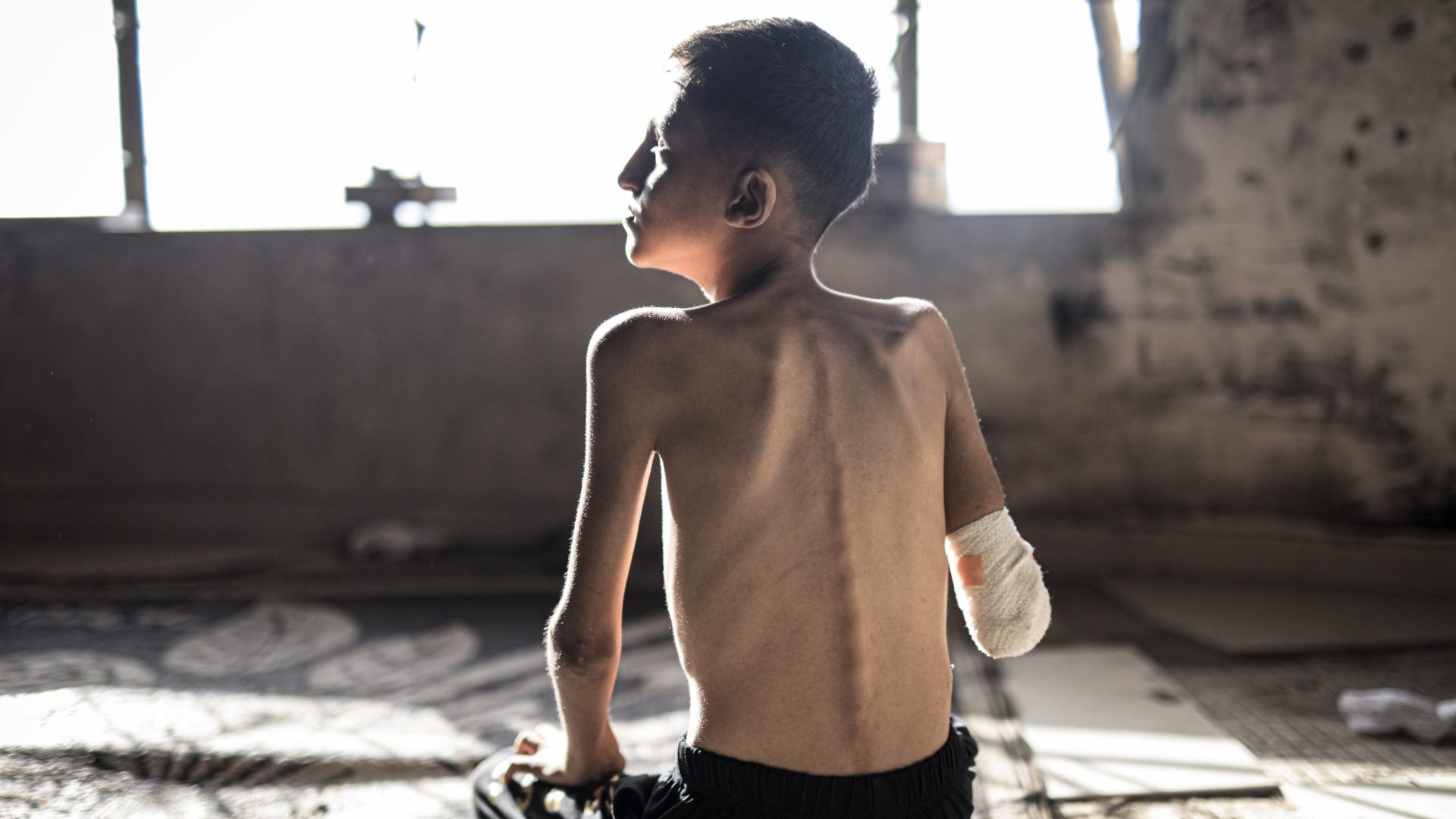Our founder and editor-in-chief’s weekly highlights from the magazine
For the past 72 hours (and counting), the news agenda has been dominated by the reaction to a rap duo called Bob Vylan — who I can guarantee you not a single editor or commentator had heard of before reports emerged of singer Bobby Vylan (not to be confused with his co-star Bobbie Vylan) chanting “Death, death to the IDF” during his Glastonbury set and its live-streaming to a tiny audience on the BBC iPlayer. On Monday morning, every right-wing newspaper in the country was calling for them to be jailed and for the BBC to be sanctioned for broadcasting them in the first place. These previously Voltairian defenders of free speech — editors only moments ago outraged at the jail sentences handed down to those who advocated attacks on Muslims following the Southport murders — had changed their minds. Free speech had found its limit on the newsdesk of the Daily Mail and its mini-me, the Express.
Spare a thought for poor old Kneecap. The Irish-language punk band, children of the Troubles (albeit too young to have personally experienced any of the horror of the Troubles) and Hezbollah/Hamas fanboys, barely registered a mention. It must have been a sickening moment for them — finding themselves merely the support act on The Stage of Performative Offence.
Ever since, we’ve talked of little else. The BBC has done its usual self-flagellation at unbelievable length and across any and every available news channel. The US has withdrawn Bob Vylan’s visas. And Prime Minister Keir Starmer has weighed in: “I said that Kneecap should not be given a platform and that goes for any other performers making threats or inciting violence. The BBC needs to explain how these scenes came to be broadcast,” he pandered.
The row rumbles on. As does the impending mass famine in Gaza, though with much less attention. This week’s cover story – headlined “Meanwhile, in Gaza…” – challenges our proportional response to the events in the Middle East. It focuses specifically on the plight of hundreds of thousands of Palestinian children in Gaza: experiencing famine, injuries, bereavements, psychological trauma, and all the other consequences of being innocent victims of a brutal conflict.
There is no “yes, but…” or whataboutery in justifying the starvation of children. Both those responses are explicitly outlawed by the Geneva Convention. So either you are on the side of the rule of international humanitarian law … or you’re not. The atrocity of October 7 does not give the Israeli government a pass for actions in Gaza today, of which the obvious consequences are the death of children.
Neither Keir Starmer nor David Lammy have made public mention of this worsening humanitarian crisis for more than three weeks. Their silence is more of an outrage than the stupid chanting of some no-mark rapper in a field in Somerset.
For some reason, a quote from Thomas Pynchon has been rattling round my head for days now: “If they can get you asking the wrong questions, they don’t have to worry about answers.”
Here’s an intro for you, courtesy of our wonderful Germansplaining columnist Tanit Koch:
When I was in Tel Aviv last year, I vividly remember a conversation with an Israeli colleague about the future of Gaza — if there could ever be an “after Hamas.” Suddenly, she asked: “How did Germans get rid of the Nazi ideology after the war?” “Not sure we did, actually,” I replied.
This week, Tanit talks about the realpolitik of national renewal — especially after a great national trauma. As ever, our magazine tries to explain the world as it is, not just the binary picture you see screaming from the front pages of populist papers. Tanit’s article is exemplary.
From Budapest, Ivan Laszlo Nagy reports from the Pride march that Viktor Orbán tried to ban. If you want an uplifting vision of how people power can defy autocracy and bigotry, take a look at the large photograph accompanying his excellent piece. More than 200,000 turned out despite threats of fines and political intimidation. As a fellow Scouser once wrote: Power to the people!
I spent much of my working life at Canary Wharf; old enough to remember when all it was was the main tower and a handful of very busy pubs — one of which had direct lines to the three main newsdesks operating in that tower, so the drinking journalists didn’t have to leave the premises to file a story. I was bombed in Canary Wharf too — by the IRA. I well remember the 1996 explosion that killed two poor men from whom I used to buy a morning newspaper. Today, Canary Wharf’s future is in flux. Hannah Fearn, one of the country’s best social affairs writers, describes its transition from commercial powerhouse to the beginnings of a city within a city.
And finally, Marie Le Conte examines Giorgia Meloni’s new autobiography. Raised by a single mum in a tough Rome neighbourhood, Italy’s first female prime minister is a complicated woman. As the headline on Marie’s piece puts it: Shameful, repulsive, idiotic … engrossing. She is an enigma. Which presents her political opponents with a challenge: “You cannot beat an enemy if you don’t understand them first, but she is remarkably hard to pin down,” Marie writes. Like Meloni herself, Marie’s long read is engrossing.
